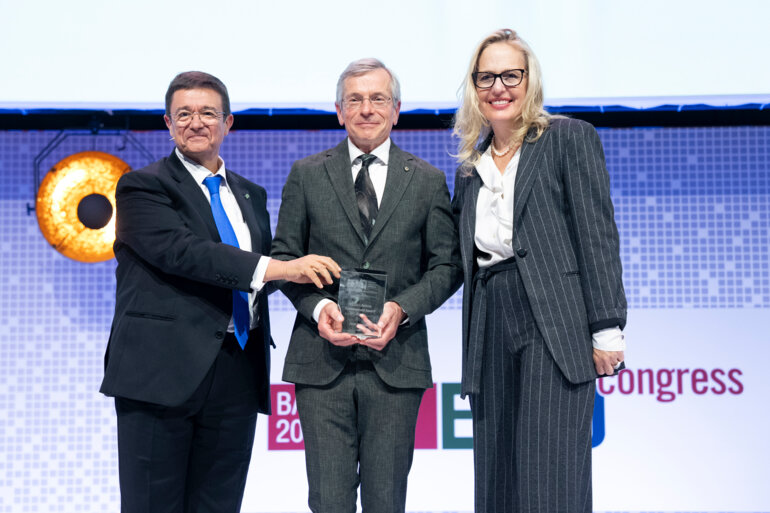
First-line immunotherapy combination improves overall survival in HER2-positive metastatic G/GEJ adenocarcinoma
Final analysis of the KEYNOTE-811 trial reports positive findings when adding pembrolizumab to trastuzumab and chemotherapy in treatment-naïve patients








